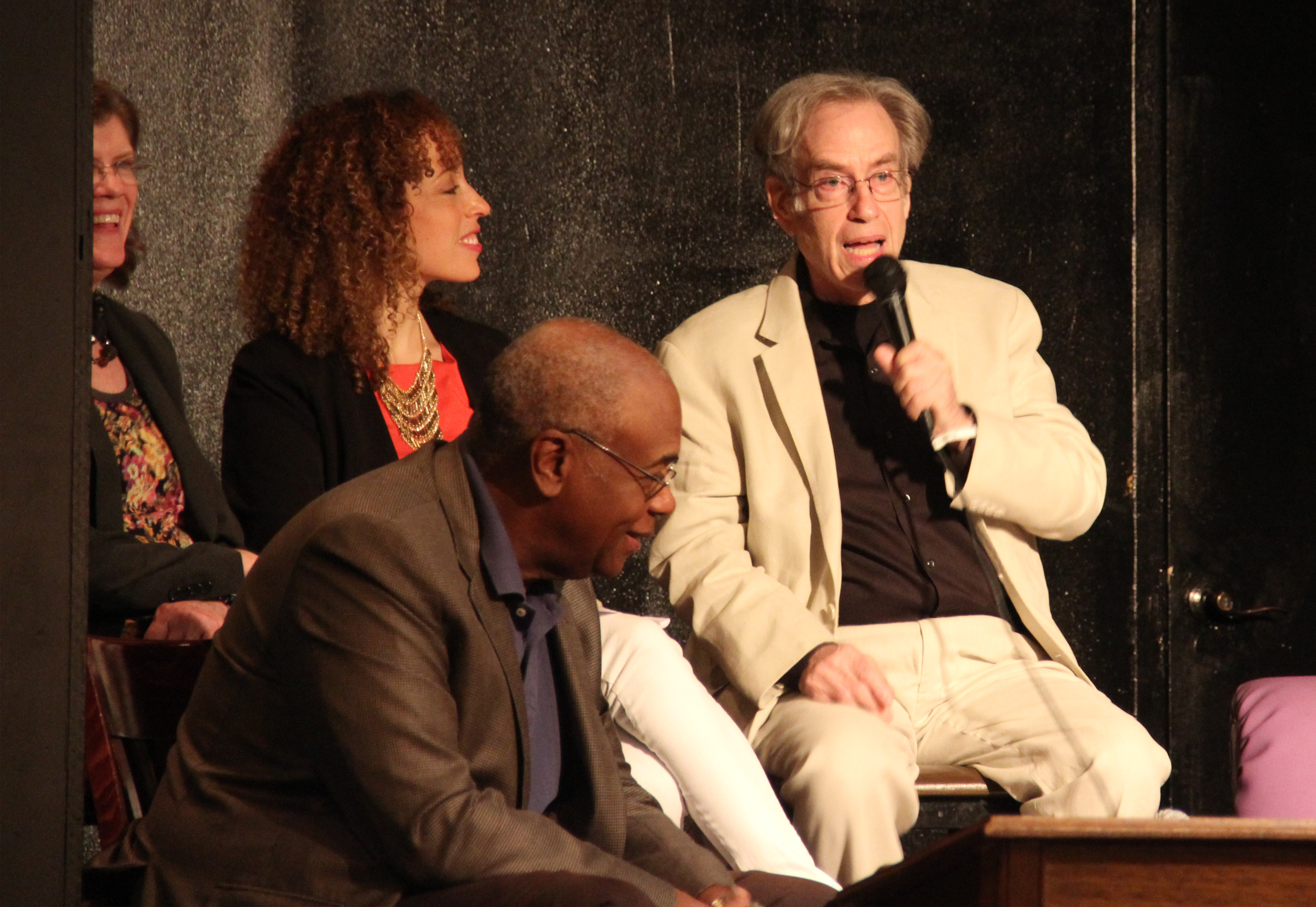WASHINGTON – Discrimination today involves class distinctions that hold people back as much as racial issues, according to two leaders of the 1964 Freedom Summer. The solution, they say, is education.
Today’s prejudice comes in a more “pernicious” form, said Larry Rubin, a former field secretary for the Student Nonviolent Coordinating Committee and Freedom Summer organizer.
Courtland Cox, a founding member of the SNCC that led the Freedom Summer movement, agreed: “Today while there’s the issue of race that’s very predominant, I think there’s also the issue of class.”
Cox and Rubin were speaking last week after a screening of the documentary Freedom Summer, which honors the 50th anniversary of passage of the Civil Rights Act.
“Today we have segregation through prisons,” Rubin said.
According to the National Association for the Advancement of Colored People, African Americans make up nearly 1 million of the 2.3 million of the incarcerated population and are six times more likely to be imprisoned when compared to whites.
Imprisonment and its effects also are part of what Cox considered the ultimate discrimination: poverty.
Poverty is part of the class discrimination, he said. It also prevents reaching the solution of a better education.
Underprivileged children will not get access to information in an information economy because they can’t afford it, Cox said.
Rubin noted that those with more money can afford private educational opportunities and take better advantage of all educational programs.
The two civil rights elders said that young activists are important for any social movement to succeed.
“The youth played a very key and vital role over and above what the adults played,” Rubin said, referring to the planning of the civil rights movement.


